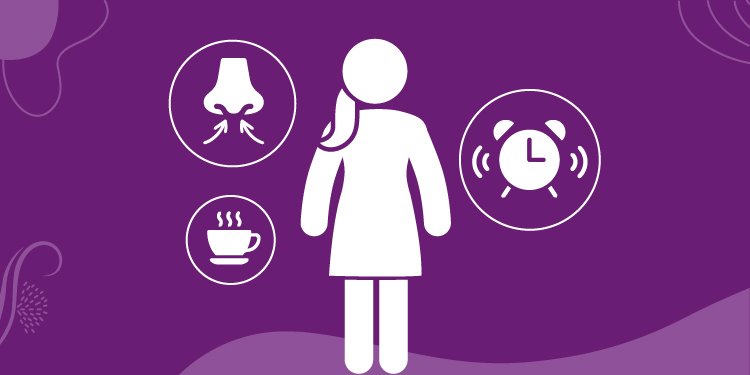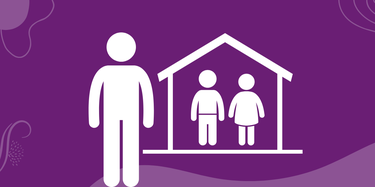TIPS FOR CAREGIVERS WHO ARE COPING WITH HOMESICKNESS
Parents and other caregivers can take steps to care for their own wellbeing so that they are best able to support the children in their lives.
- Observe negative thoughts that come into your head and set aside specific times to think about them (the «Alarm Clock» technique: I will think about it from 10.00 to 11.00, at other times I will be free from these thoughts). At other times, try to switch yourself to positive thoughts/memories.
- It can be tempting to avoid thinking about home entirely. Focus on positive memories that support you.
- If you notice that you are stuck on a thought, switch to a simple action (e.g., wash the dishes, take a walk, make coffee, etc.).
- Whenever possible, keep in touch with other people, including those from home, through text and video call.
- Monitor your own breathing. If you find that you are holding your breath or it is shallow, put one hand on your stomach, the other on your shoulder and start breathing so that air reaches your stomach and the hand that is on your stomach starts to rise. Take slow breaths.
- Give yourself an opportunity to experience emotions. Memories of home, work, and loved ones that are left behind can cause sadness, anxiety, fear – allow yourself to experience these feelings (for example, give yourself the opportunity to cry, be sad).
- Distressing memories can sometimes cause bodily reactions such as tremors, difficulty falling asleep, heart palpitations, etc. Remain calm and take slow breaths; these reactions tend to pass with time. If you have difficulty falling asleep, turn off the news for two hours, monitor your breathing, and hug your loved ones who are nearby.
- Monitor negative behavioral reactions, such as the desire to isolate oneself; bouts of aggression directed at oneself or others; alcohol consumption; and extreme negative thoughts like «Nothing makes sense anymore, I have lost everything», «I am not interested in anything anymore, I don't want to do anything», «I will not be able to find a job», etc. Try to create new rituals and new meanings (for example, volunteer if you cannot work, spend time with like-minded people, etc.)
- Limit news viewing and continuous reading of social media. Set aside a specific, limited time for news and consume news only from trusted sources.
- Do physical exercises that will help you cope with tension and stress (exercise, yoga, walks in the fresh air).
- If you feel that your condition does not change, impedes your daily activities, and you find it difficult to cope on your own, you can seek professional psychological help.

For in-country referrals, visit the Blue Dot Hub, select your current country of residence, and look for mental health services available under “Medical Care & Disability Support.”




